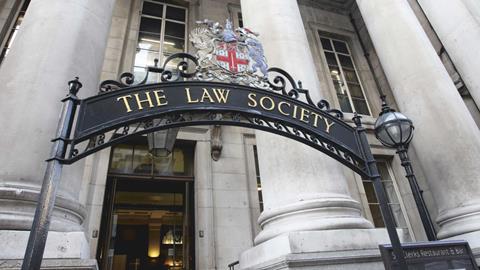The Law Society has negotiated a funding deal with the government to ease the financial burdens faced by solicitors and firms working in the immigration and asylum sector, as the newly-rebranded immigration advice watchdog pledged tougher action on illegal operators taking advantage of a gap between supply and demand.
Chancery Lane announced this week that it has extended a deal with the Ministry of Justice that will save immigration and asylum solicitors hundreds of pounds in accreditation. The funding contribution for members gaining or renewing accreditation, which was introduced last year, will run until the end of this year.
The MoJ was funding exam and application fees for senior caseworkers and will now extend that funding to trainee casework assistants. The deal will save practitioners seeking initial accreditation £782.40. Senior caseworkers seeking reaccreditation will save £482.40. Casework assistants will save £717.60 and trainee casework assistants will save £277.20.
Read more
Society president Richard Atkinson said there is a severe lack of capacity in the sector. 'While the environment for immigration firms remains challenging, this is another piece of positive news to help mitigate the difficulties firms are facing, following on from the legal aid fee increases announced last year.
‘This funding contribution will save members hundreds of pounds and some firms thousands of pounds. The initiative is part of our ongoing commitment to supporting immigration and asylum solicitors, reducing financial expenses and encouraging retention of talent.'
Immigration advice can only be given by practitioners registered and regulated by a body or individual registered and regulated by a designated qualifying regulator or designated professional body.
This week the Office of the Immigration Services Commissioner (OISC) formally announced it has rebranded to become the Immigration Advice Authority (IAA).
In its 2025-27 corporate report, the IAA said supply was struggling to meet growing demand, creating a vacuum illegal operators were moving into. While the enforcement body has been pursuing criminal prosecutions, the report says it has been limited by a lack of powers under various legislation such as the Proceeds of Crime Act 2002 and 'will seek the powers we need as a credible enforcement body’ over the next three years.
This article is now closed for comment.




























5 Readers' comments